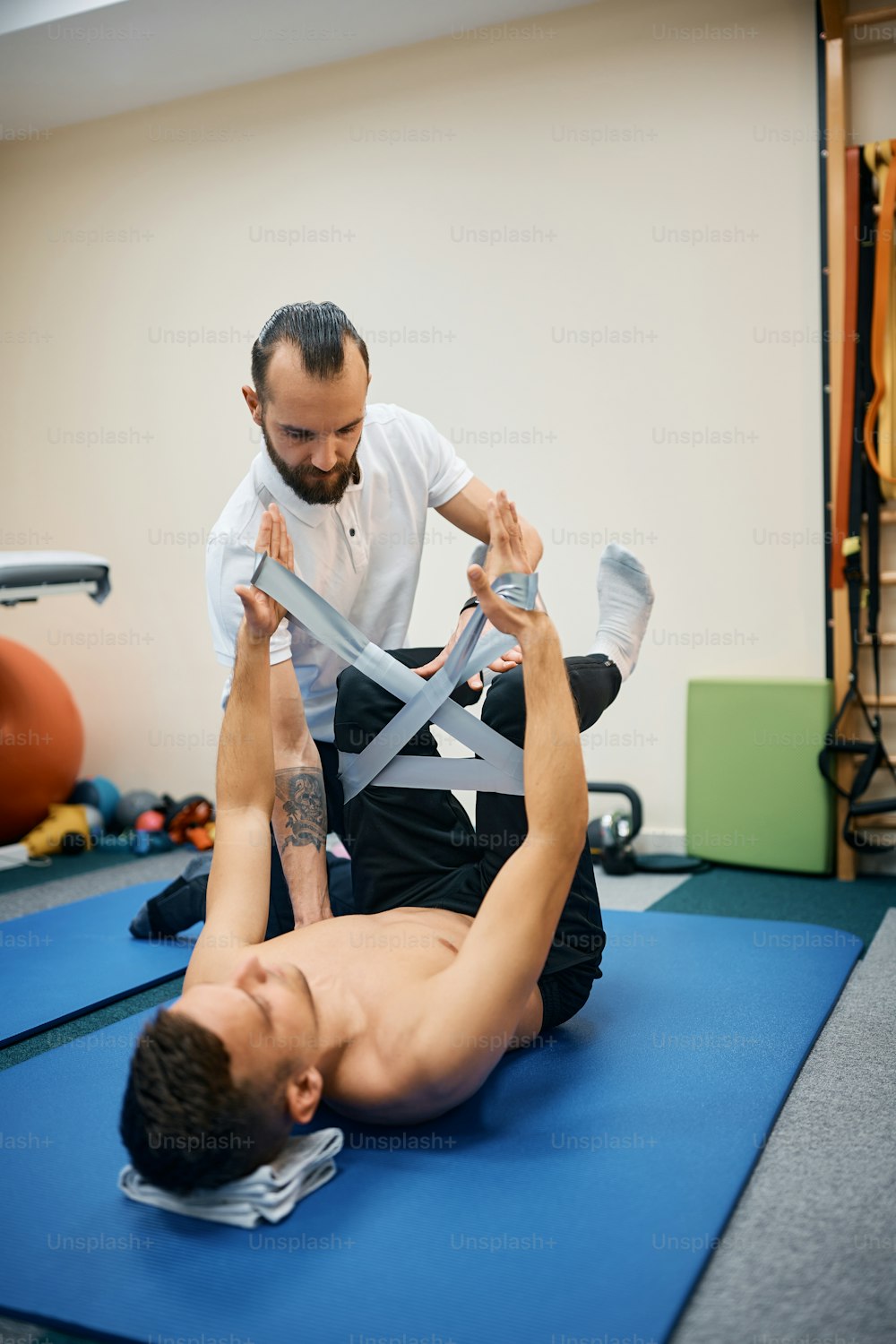

Working out is a great way to stay healthy and reduce the risk of heart disease. However, it’s crucial to be aware of the potential signs of heart problems during exercise. This article will explore these signs and provide advice on what to do if you experience them.
Overview
A sedentary lifestyle is among the major risk factors for heart disease. The World Heart Federation suggests that lack of physical activity can increase your risk for heart disease by 50 percent. Other risk factors include a diet high in saturated fat, type 2 diabetes, high blood pressure or hypertension, smoking, high cholesterol, obesity, and a family history of heart disease.
Reducing these risk factors can decrease your chances of heart attack or stroke and reduce your need for heart-related medical procedures, such as bypass surgery.
The Importance of Exercise
Exercise is a crucial aspect of preventing heart disease. Regular aerobic activity, such as walking, jogging, cycling, or swimming, can strengthen your heart and improve circulation. It can also help lower blood pressure, reduce cholesterol levels, and manage weight.
However, while exercise is generally beneficial for heart health, it’s important to listen to your body and be aware of any warning signs that may indicate a heart problem. Even individuals who are young, fit, and have no history of heart disease can experience heart complications during exercise.
Signs of Heart Complications
- Chest pain or discomfort: This is the most common symptom of a heart problem. The pain may feel like pressure, tightness, or squeezing in the chest. It can also radiate to the arms, neck, jaw, back, or stomach.
- Shortness of breath: If you find it difficult to breathe during exercise or experience sudden, unexplained shortness of breath, it may be a sign of heart trouble.
- Rapid or irregular heartbeat: Pay attention to any changes in your heart rate during exercise. If your heart rate becomes significantly faster or irregular, it could indicate a heart problem.
- Dizziness or lightheadedness: Feeling lightheaded, dizzy, or faint during exercise may be a sign that your heart isn’t pumping blood effectively.
- Nausea or vomiting: If you experience persistent nausea or vomiting during or after exercise, it could be a sign of heart complications.
- Extreme fatigue or weakness: While it’s normal to feel tired after a workout, extreme fatigue or weakness that persists for an extended period after exercise may be a cause for concern.
If you experience any of these symptoms during exercise, it’s important to stop immediately and seek medical attention. Ignoring these signs could lead to a heart attack or other serious heart complications.
What to Do if You Experience Heart Complications
If you suspect you’re experiencing heart complications during exercise, follow these steps:
- Stop exercising: Listen to your body and cease all physical activity immediately.
- Rest and monitor your symptoms: Sit or lie down and rest until your symptoms subside. Monitor your symptoms and take note of their duration and intensity.
- Call for help: If your symptoms worsen or you’re feeling extremely unwell, call emergency services right away.
- Seek medical attention: Even if your symptoms improve or disappear, it’s essential to consult a healthcare professional. They can help determine the cause of your symptoms and provide appropriate treatment or guidance.
Remember, it’s better to be safe than sorry when it comes to your heart health. If you’re unsure whether your symptoms are related to a heart problem, it’s always best to seek medical advice.
Prevention is Key
While it’s essential to be aware of the signs of heart complications during exercise, it’s even more crucial to prevent them from occurring in the first place. Here are some tips for exercising safely:
- Start slow: If you’re new to exercise or returning after a long break, start with low-intensity activities and gradually increase the intensity and duration over time.
- Warm up and cool down: Always warm up your muscles with light aerobic activity and stretching before exercising. Similarly, cool down with gentle stretches after your workout.
- Stay hydrated: Drink plenty of water before, during, and after your workout to maintain proper hydration.
- Know your limits: Listen to your body and don’t push yourself beyond your limits. If you feel any discomfort or pain, stop and rest.
- Get regular check-ups: If you have a pre-existing medical condition or a family history of heart disease, consult your doctor before starting a new exercise program. They can provide guidance tailored to your specific needs.
